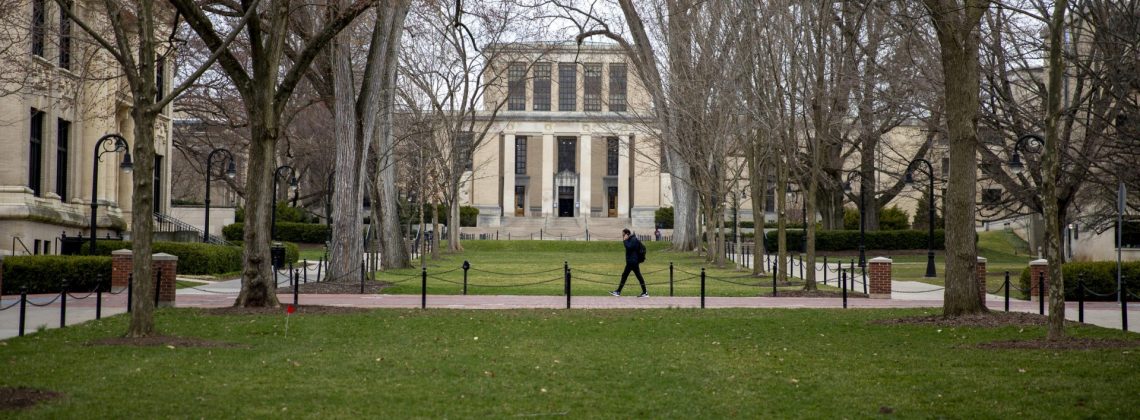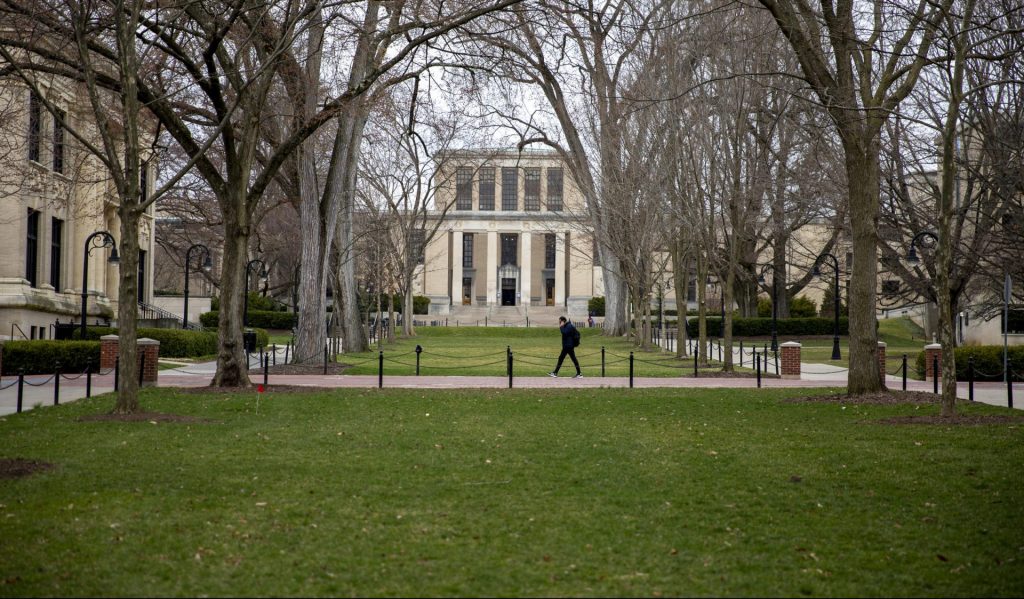

Here is Michael Bérubé, and Jennifer Ruth at The New Republic:
Does academic freedom protect professors espousing white supremacist ideas?
The answer, for the past hundred-and-more years since the founding of the American Association of University Professors (AAUP) in 1915, has been yes. This is a disturbing realization for anyone who thinks of academic freedom as one of the cornerstones of a free and open society—and who understands how profoundly it is threatened by Republican state legislatures trying to criminalize the teaching of critical race theory (CRT). Also disturbing is the fact that, over the past decade, the concept of academic freedom has been confused—sometimes innocently, sometimes not—with free speech. The result is that even while pusillanimous university administrators remove a professor from his class for using a Chinese term that sounds like the N-word, seriously racist work continues to enjoy protection on the grounds that academic freedom is co-extensive with free speech, and scholars like University of Pennsylvania law professor Amy Wax can call for a “cultural distance nationalism” whose core belief is that “our country will be better off with more whites and fewer non-whites.” Indeed, in Wax’s case, this strange idea of academic freedom has permitted her to lie in public, in a 2017 interview with Glenn Loury, about the academic achievements of Black law students at Penn.
Wax did not emerge entirely unscathed; she was removed from required first-year law classes, and her misrepresentations of Penn’s Black students were repudiated by her dean. But she remains on the faculty, and she remains a hero on the right and a cause célèbre for libertarians; in 2018, Penn trustee emeritus and law school overseer Paul S. Levy actually resigned in protest over Penn’s decision to remove Wax from those required first-year courses, writing to then-President Amy Gutmann that the decision effectively suppresses “open, robust, and critical debate over differing views of important social issues.”
Michael Bérubé, and Jennifer Ruth wonder if this kind of speech, and others mentioned in their article, are protected by academic freedom. They make a distinction between freedom of speech as inscribed in the First Amendment and academic freedom. Here is more:
These remarks are of course protected by the First Amendment. Whether they are also protected by academic freedom is the trickier question—and it is the one we want to ask. The American concept of academic freedom is distinctive insofar as it covers not only research and teaching but also “extramural utterances”—statements beyond research and teaching, including Twitter and podcasts. The idea is that no professor gives up their First Amendment rights as a citizen when they take an academic position. And ever since the infamous Leo Koch case at the University of Illinois at Urbana-Champaign in 1960, in which Koch was fired for writing a letter to the student paper arguing that students should engage in premarital sex, the AAUP has consistently held that faculty should not be fired for extramural speech unless that speech calls into question a professor’s fitness to serve. Ordinarily, that speech has to bear directly on the faculty member’s field of study. The idea is that a historian who is a Holocaust denier is obviously unfit, whereas an electrical engineer who is a Holocaust denier is just a crank. This position makes perfect sense, though few people realize that it entails the unsettling corollary that professors enjoy greater protection for extramural speech when they have no idea what they’re talking about than for speech within the areas of their research and teaching.
So how does this principle guide us with professors espousing white supremacist ideas and defenses of colonialism and slavery when they claim to be speaking and writing on the basis of their scholarly expertise?
Read the rest here.